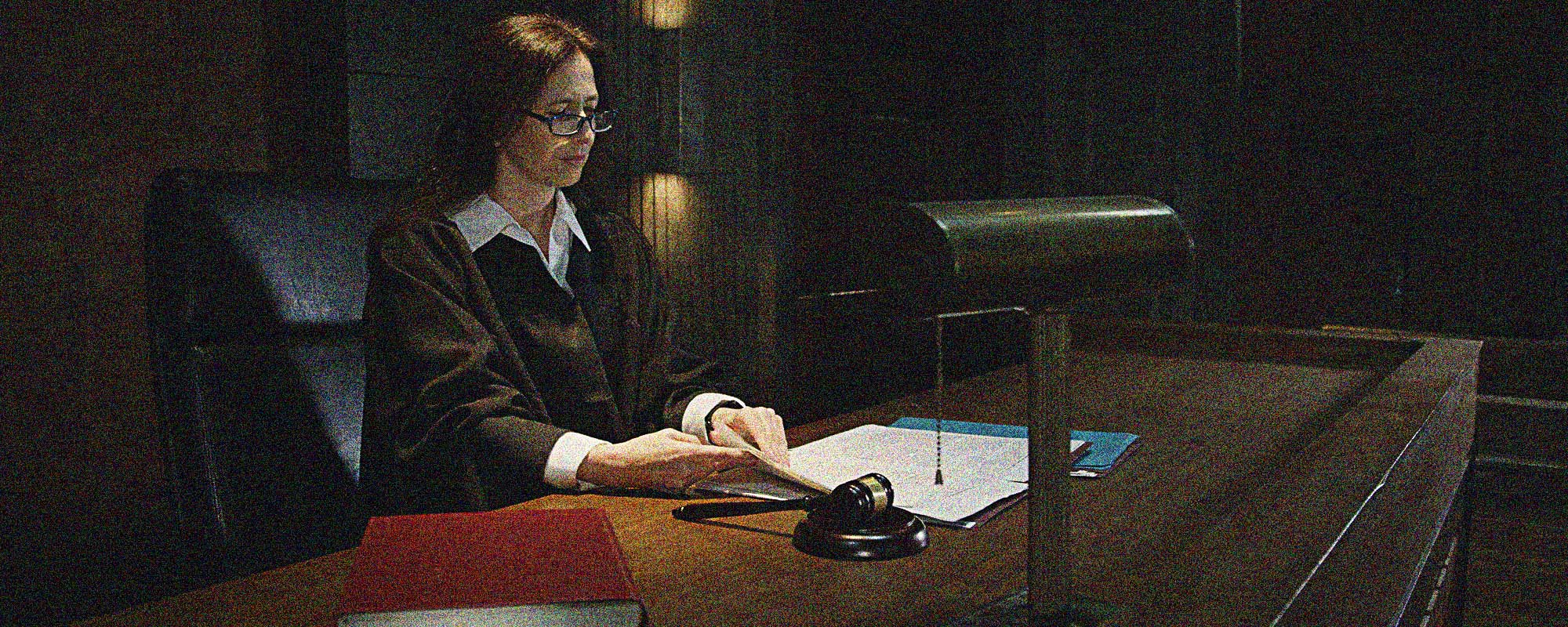Criminal laws cannot have the effect of impairing the safety and security of sex workers. Any regime governing sex work should place the safety and security of sex workers front and center.
In 2013, the Supreme Court of Canada held in Canada v. Bedford that the Criminal Code provisions prohibiting sex workers from accessing measures to protect their safety and security were unconstitutional because they exposed sex workers to dangerous conditions and put them at risk of violence and other harms.
As a response, Parliament amended the Criminal Code provisions governing sex work in Canada. Among these amendments, two new provisions prohibit people from receiving a “material benefit” from sex work and from procuring another person to offer or provide sexual services for consideration.
The Supreme Court of Canada is hearing this week the Kloubakov v. Canada case, in which the appellants are challenging the constitutionality of these two new Criminal Code provisions. The appellants are arguing that these provisions infringe on sex workers’ rights to liberty and security in a way contrary to principles of fundamental justice by depriving sex workers from the opportunity to avail themselves of third-party safety supports and to work cooperatively in fixed indoor locations.
CCLA is intervening in this case to argue that any scheme Parliament chooses to enact with respect to sex work must respond substantively and rigorously to the harms the Supreme Court of Canada called to be rectified in Bedford. The safety and security of sex workers must be construed as a bedrock objective of the new Criminal Code provisions.
As the Court’s analysis of sex workers’ Charter-protected right to liberty and security must compare the impact of the new provisions against their intended purposes, the framing of these purposes is crucial to whether the provisions will be found to be arbitrary, overbroad, or grossly disproportionate.
CCLA is grateful for the excellent pro bono representation of Jonathan C. Lisus, Zain Naqi and Annecy Pang from Lax O’Sullivan Lisus Gottlieb LLP in this case.
About the Canadian Civil Liberties Association
The CCLA is an independent, non-profit organization with supporters from across the country. Founded in 1964, the CCLA is a national human rights organization committed to defending the rights, dignity, safety, and freedoms of all people in Canada.
For the Media
For further comments, please contact us at media@ccla.org.





